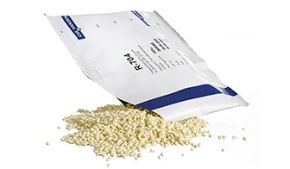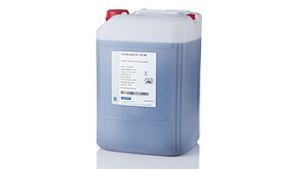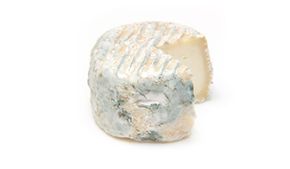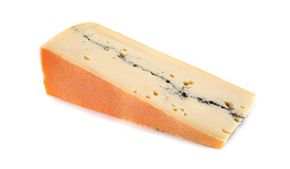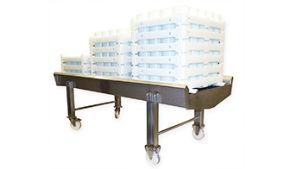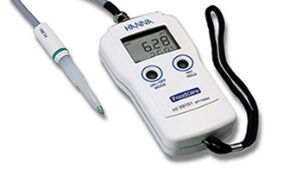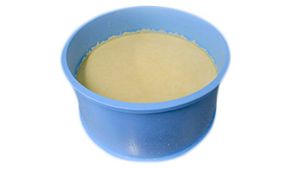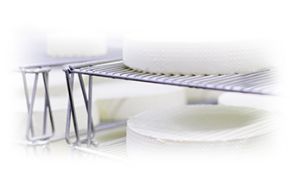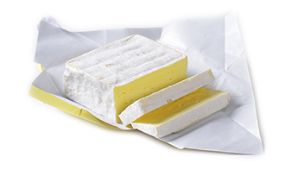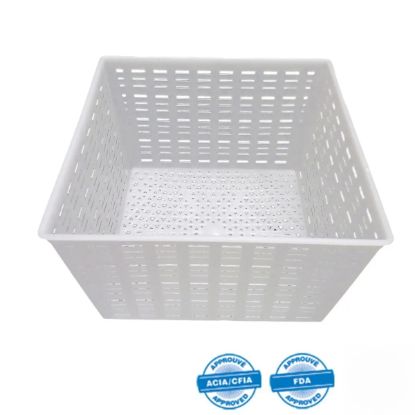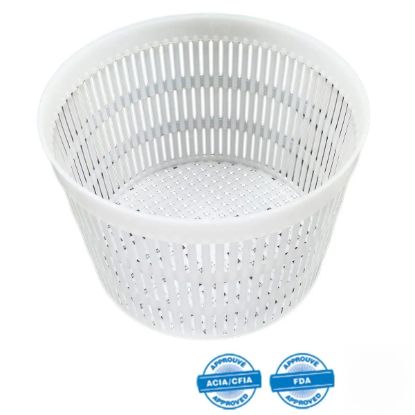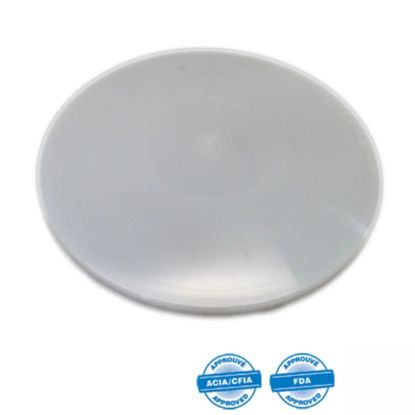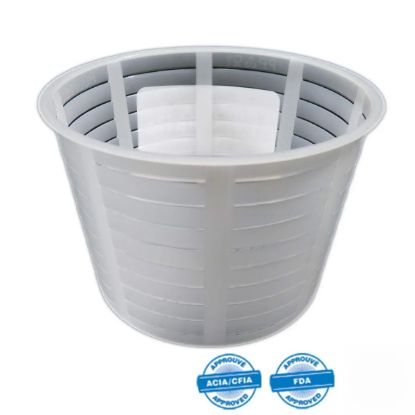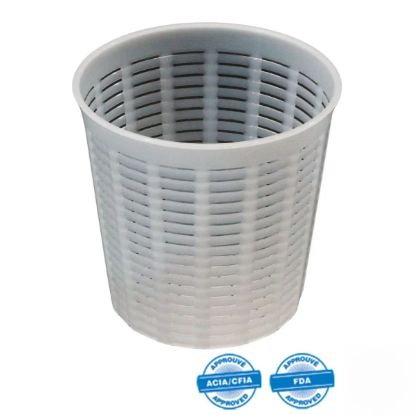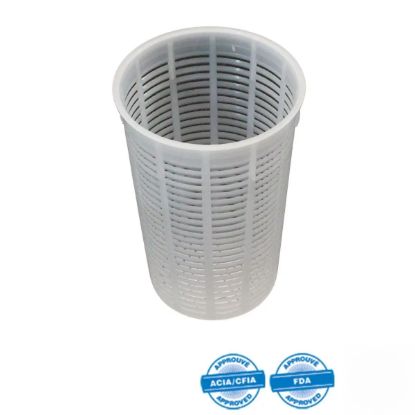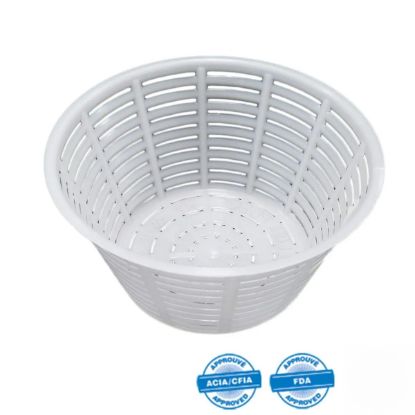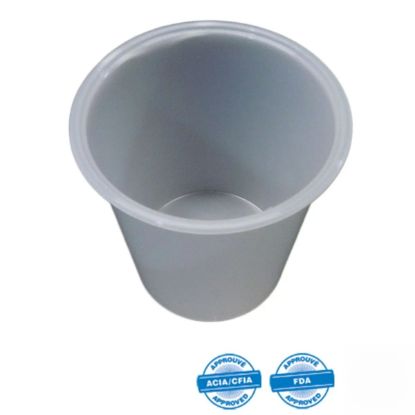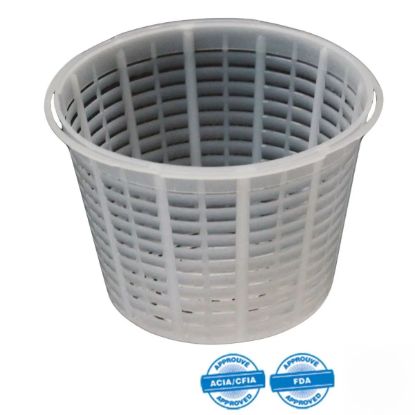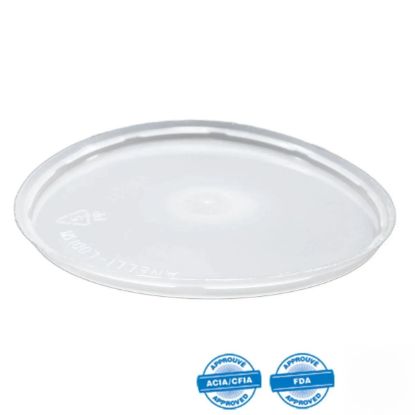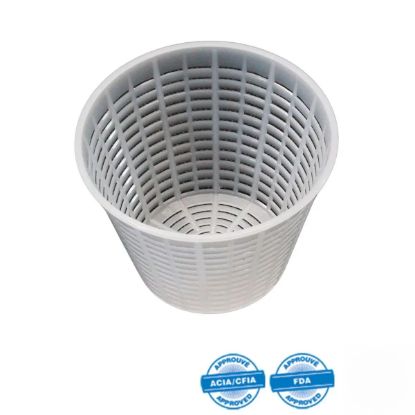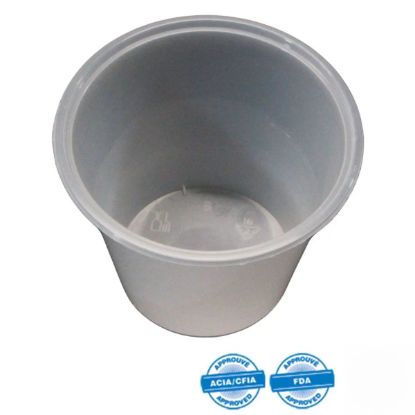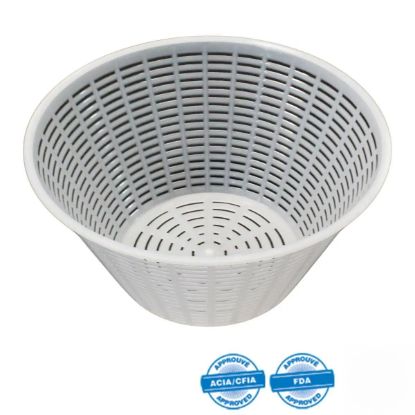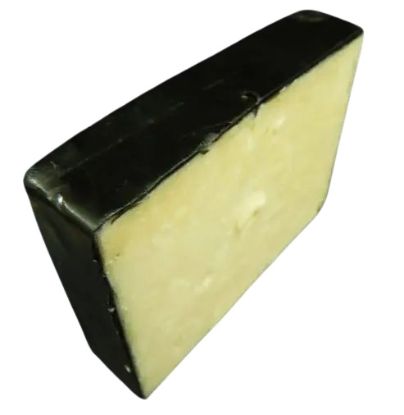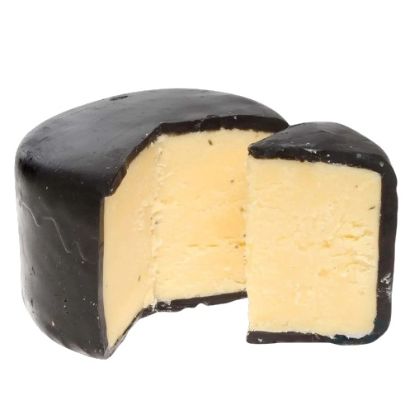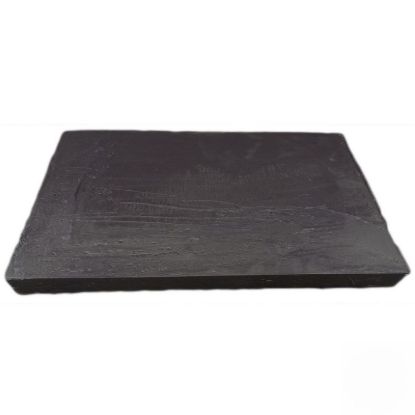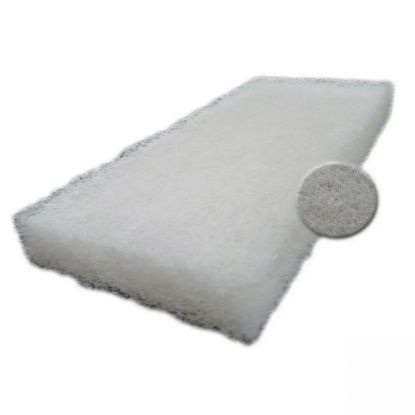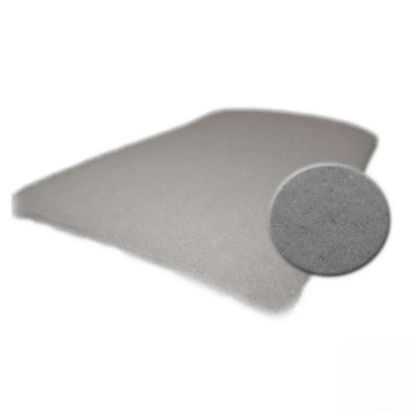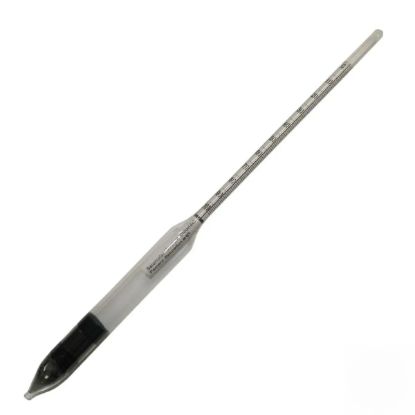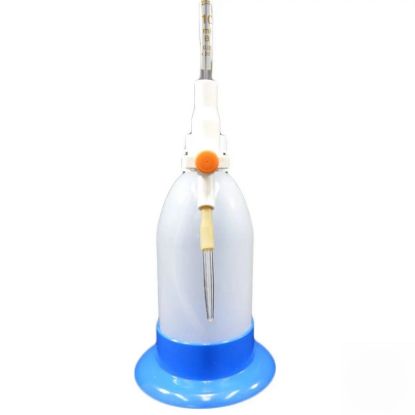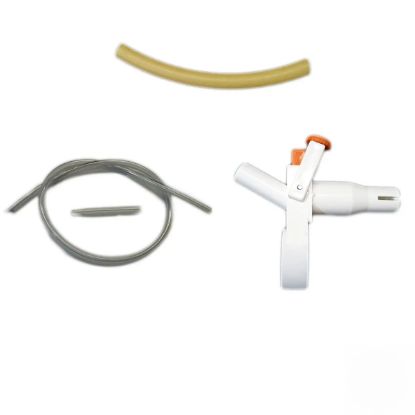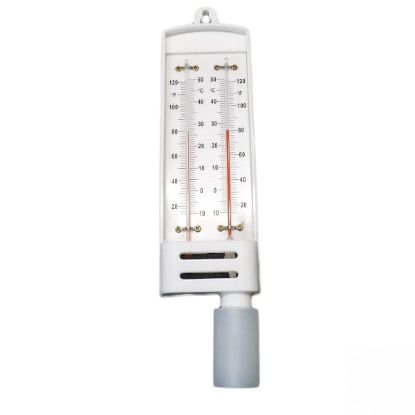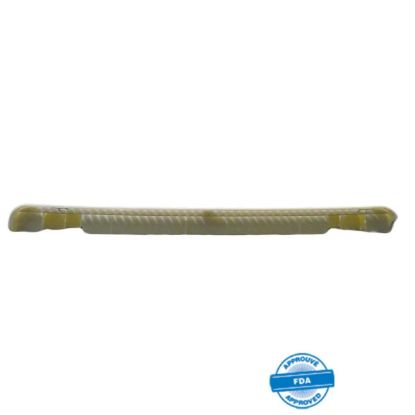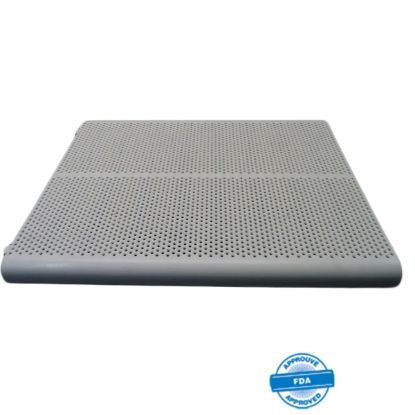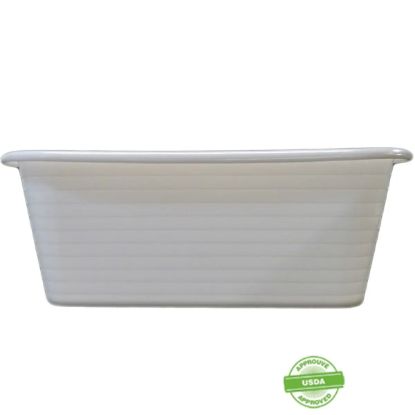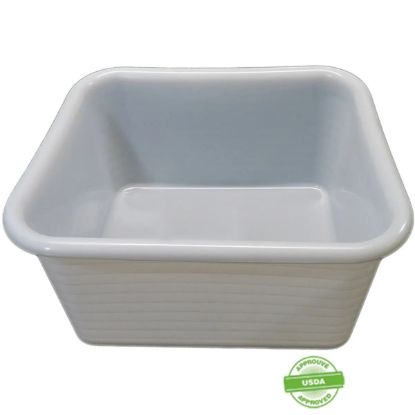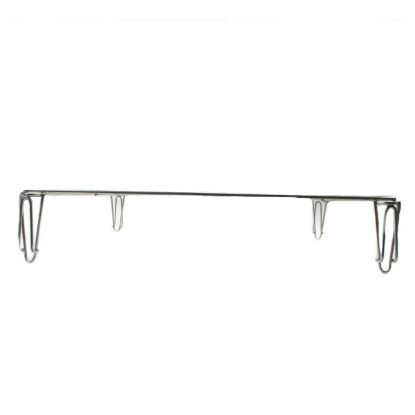Fromagex
From cultures to packaging, including equipment, here is our range of products.
Modular plastic ripening board 500 x 400 mm, H33 mm
Support for all cheeses
Cheeses are stored and handled using size and type specific supports from brining to ripening.
Reinforced container - 30 L
Reinforced container.
Excellent mechanical resistance.
Made of low density polyethylene for increased shock resistance.
Stainless steel aging rack 630 x 510 mm, 25 wires, H120/100 mm (Reinforced)
For a homogeneous rind development
The racks are assembled in stacks, leaving sufficient space for uniform ventilation of each cheese.
Racks constructed from stainless steel wire are a flexible solution that optimizes space in the factory, from storage to use.
Our wire stainless steel aging racks are used for ripening, brining and drying cheeses allowing an optimal ventilation and support of the products.
The choice of rack size should be done according to the cheese size and type.
They stack legs on legs to create shelves where the cheeses can be placed.
This modular solution will optimize the space in the room allowing an even result and an easy manipulation.
It suits well for fresh, soft and semi-soft cheeses, blue cheeses and other varieties that need to ripen or dry.
Made in #304 SS.
Assembly of the wires on the frame by food-grade spot welding.

